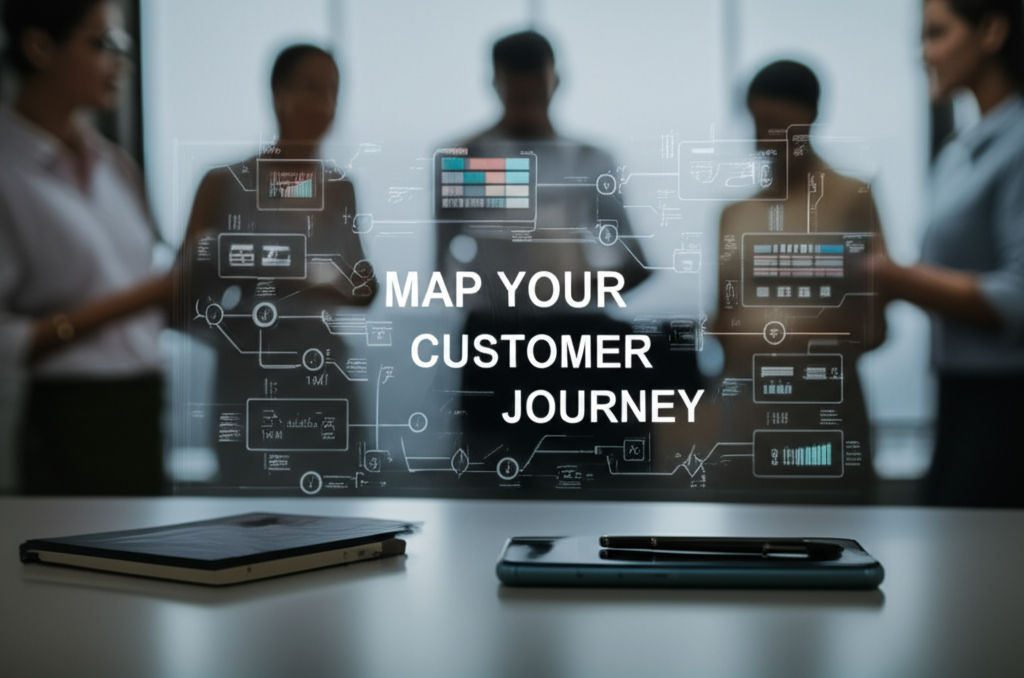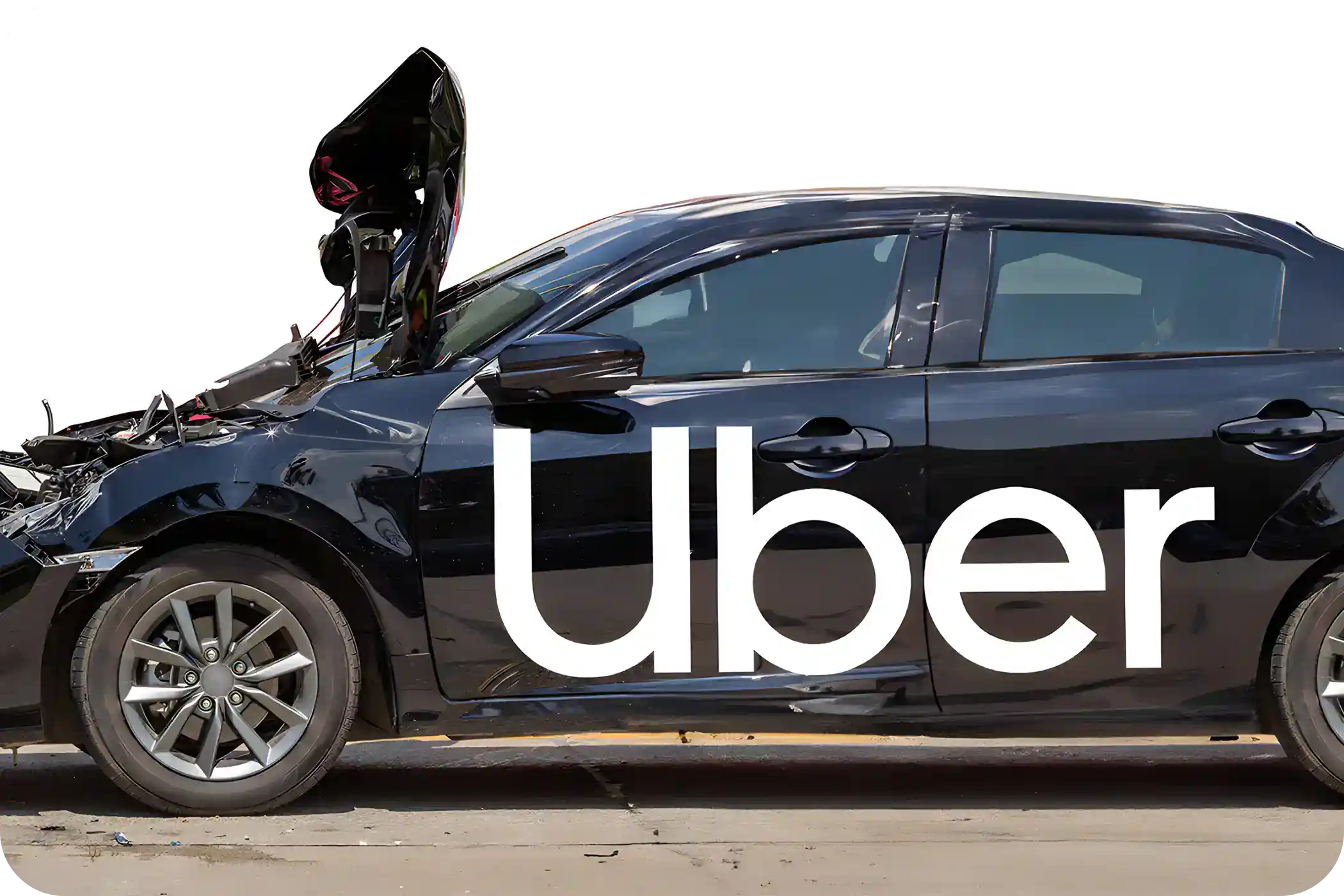Student Agency: Empowering Future Learners
Emily Willis

Photo: Student Agency: Empowering Future Learners
Student Agency: Empowering Future Learners for a Brighter Tomorrow
Imagine a world where learning isn't just about absorbing facts, but about actively shaping your own educational journey. Where students aren't just passive recipients of information, but curious explorers, creative problem-solvers, and confident decision-makers. This isn't a futuristic dream; it's the powerful concept of student agency—a dynamic approach to education that empowers future learners to thrive in an ever-changing world.
At its core, student agency is about giving students a genuine voice, meaningful choices, and true ownership over their learning. It's about shifting the focus from "what teachers teach" to "how students learn and what they want to achieve." Research consistently shows that when students are actively involved in decisions that affect their learning, their outcomes improve significantly. This article will dive deep into what student agency truly means, why it's more crucial than ever, and how we can all work together—educators, parents, and students—to cultivate this transformative approach.
What is Student Agency, Really?
The term "student agency" might sound academic, but its essence is beautifully simple: it's the ability of students to take charge of their own learning processes. Think of it as developing a sense of self-direction, where learners are empowered to identify their goals, proactively pursue them, and effectively achieve desired outcomes.
It's not just about letting students do whatever they want; it's a carefully cultivated environment where students feel a sense of autonomy and have input over their learning. Key components of student agency include:
- Voice: Students have opportunities to express their perspectives, ideas, and preferences. This means listening to their insights on what and how they learn best.
- Choice: Learners are given meaningful options in their education, whether it's selecting project topics, choosing learning methods, or even deciding how they demonstrate their understanding.
- Ownership: Students take responsibility and accountability for their learning journey, understanding that their efforts directly impact their progress and success. This fosters a sense of investment and commitment.
- Self-Efficacy: A belief in one's own abilities to succeed, which is crucial for students to take initiative and embrace challenges.
- Self-Regulation: The capacity to intentionally direct one's efforts towards specific goals, including managing time, resources, and strategies.
- Reflection: The ability to think critically about their learning, identify strengths, areas for improvement, and adjust their approach accordingly.
When these elements come together, students aren't just absorbing information; they are actively making, creating, doing, sharing, and collaborating in ways that are deeply meaningful to them.
Why Student Agency Matters: The Benefits for Future Learners
In today's rapidly evolving world, simply memorizing facts is no longer enough. The jobs of tomorrow demand critical thinkers, adaptable problem-solvers, and resilient individuals. This is where empowering learners through student agency becomes paramount. The benefits extend far beyond the classroom, preparing students for life itself.
Increased Engagement & Motivation
When students have a say in what, how, and when they learn, it ignites their natural curiosity and intrinsic motivation. Instead of feeling like learning is something done to them, they see it as something they actively participate in. This sense of ownership leads to deeper engagement and a genuine love for learning, often driving them to seek knowledge beyond what's required.
Developing Critical 21st-Century Skills
Student agency is a fertile ground for cultivating skills vital for the modern world. As students make choices, solve problems, and reflect on their learning, they naturally develop:
- Critical Thinking: They learn to ask questions, analyze different perspectives, and make informed decisions.
- Problem-Solving: Encouraging independent decision-making and productive struggle helps students become resourceful and adaptable.
- Collaboration & Communication: Opportunities to work together and share ideas are inherent in agency-driven environments.
- Creativity & Innovation: When students have the freedom to explore and apply their understanding, they are more likely to design and create their own ideas.
The World Economic Forum (2023) highlights skills like "resilience, flexibility, and agility," along with "motivation and self-awareness," as crucial for success in the workforce—all skills strongly associated with student agency.
Fostering Lifelong Learning Habits
An agentic student doesn't stop learning when the bell rings. They are empowered to create rather than just respond to educational opportunities. This ability to self-direct their learning, identify gaps in knowledge, and proactively seek solutions is the cornerstone of lifelong learning. They learn how to learn, which is arguably the most valuable skill for navigating an unpredictable future.
Building Resilience and Self-Efficacy
Taking ownership means embracing challenges and learning from setbacks. When students are encouraged to take responsibility for their progress, they build resilience and develop a growth mindset. They learn that effort leads to achievement and that they are capable of overcoming obstacles. This belief in their own capabilities, or self-efficacy, is a powerful driver for continued growth.
Preparing for an Evolving World
The world is changing at an unprecedented pace. Traditional, one-size-fits-all education models struggle to keep up. Student agency, by personalizing learning and fostering adaptability, helps prepare students not just for specific careers, but for diverse environments and unforeseen challenges. It equips them to steer their own development and contribute solutions to collective issues.
How to Foster Student Agency: Practical Steps for Educators, Parents, and Students
Cultivating student agency requires a collaborative effort from everyone in a child's ecosystem. It's about creating an environment where students feel safe to explore, make mistakes, and take ownership.
For Educators: Guiding the Journey
Teachers are pivotal in empowering future learners. Shifting from being the "sage on the stage" to the "guide on the side" is key.
- Provide Meaningful Choices: Offer students options in their assignments, project topics, or even how they demonstrate their understanding. This could be choosing between writing an essay, creating a presentation, or building a model. Start small and gradually increase independence.
- Encourage Student Voice: Create regular opportunities for students to share their opinions and preferences. This might involve class discussions, surveys about teaching practices, or even student councils that contribute to school decisions. When students see their input matters, their sense of agency grows.
- Facilitate Goal Setting and Reflection: Help students set their own learning goals, track their progress, and reflect on what worked well and what could be improved. Journals, self-assessments, and peer feedback are excellent tools for this.
- Create Collaborative Environments: Encourage students to work together to solve problems, share ideas, and learn from each other. This builds communication and teamwork skills.
- Shift to Problem-Based Learning: Engage students in tasks that are meaningful and relevant to them, often through projects or real-world problems that require active engagement and decision-making.
- Make Learning Visible: Displaying student work and thinking on classroom walls can serve as a powerful visual reminder of their accomplishments and learning journey.
For Parents: Nurturing Curiosity at Home
Parents play a crucial role in fostering student agency by supporting their child's natural inclination to explore and learn.
- Encourage Curiosity and Questioning: Instead of always providing answers, encourage your child to ask "why" and "how." Help them find answers themselves through books, experiments, or online research.
- Allow for Productive Struggle: It's natural to want to swoop in and help, but sometimes allowing your child to grapple with a problem (within reason) builds resilience and problem-solving skills. Offer guidance, not immediate solutions.
- Support Their Interests: If your child shows a passion for a particular topic, provide resources or opportunities for them to delve deeper, whether it's through library books, documentaries, or local clubs.
- Involve Them in Decision-Making: Give your child age-appropriate choices in daily life, from what they wear to how they organize their study space. This builds their decision-making muscles.
- Celebrate Effort, Not Just Outcomes: Praise their hard work, persistence, and the strategies they used, even if the result isn't perfect. This reinforces a growth mindset.
For Students: Embracing Self-Empowerment
Ultimately, student agency is about students taking an active role. Here are ways students can empower themselves:
- Take Initiative: Don't wait to be told what to do. If you have an idea for a project or a different way to approach a task, speak up!
- Ask Questions: Be curious! If you don't understand something or want to know more, ask your teachers, parents, or do your own research.
- Set Personal Learning Goals: Think about what you want to achieve. What skills do you want to develop? What topics genuinely excite you?
- Reflect on Your Learning: After a project or test, ask yourself: What did I learn? How did I learn it best? What could I do differently next time?
- Seek Feedback: Don't be afraid to ask for constructive criticism from teachers and peers. It's a powerful tool for growth.
Real-World Glimpses of Student Agency in Action
Across the globe,
Latest ✨
View All"Education for All" is a fundamental human right. Learn how equitable access to quality learning unlocks a brighter future for everyone.
Emily Willis
Demystify customer journey mapping! Learn to visualize customer paths, uncover pain points, and create superior experiences for sustainable business growth.
Emily Willis
exploring different cultures through their traditional cuisine, highlighting iconic dishes and the cultural significance behind them. It takes the reader on a culinary tour around the world, showcasing the diverse flavors and culinary traditions of various regions such as Asia, Europe, the Americas, Africa, and Oceania.
Emily Willis
hree incredible destinations - Nepal, Peru, and South Africa - known for their adventurous activities such as trekking, white-water rafting, and mountain biking. It emphasizes the importance of responsible adventure travel, including supporting sustainable tour operators, respecting local customs, minimizing environmental impact, and supporting local communities.
Emily Willis
Business
View All
June 8, 2025
Market Research: Your Business CompassMarket research: your ultimate business compass. Gain vital insights on customers, competitors & trends to steer your business to growth & success.
Emily Willis

June 8, 2025
Plan Your Business Exit StrategyPlan your business exit strategy: a roadmap to a successful future. Maximize value, protect your legacy, and ensure a smooth transition.
Emily Willis

June 8, 2025
Business Law: What You Must KnowBusiness law is key for entrepreneurs! Safeguard your venture, ensure smooth operations, and avoid costly disputes. Learn essential legal insights here.
Emily Willis
Economy
View AllDive into the economics of monopolies. Learn how these single-rule markets form, their characteristics, and their impact on prices, quality, and growth.
Read Moreeconomic growth prospects of major countries such as the United States, China, the European Union, Japan, and India. It highlights the factors driving their growth, challenges they face, and opportunities for businesses and investors. Each country has unique strengths and risks, and understanding these dynamics is crucial for strategic decision-making.
Read MoreInvolved in an Uber accident? Learn why hiring an Uber accident lawyer is crucial, what your legal options are, and how to choose the right attorney for your case
Read MoreEntertainment
View All
August 5, 2024
Music's Evolving Landscape: Technology, Social Media, and Global TrendsThe music industry has undergone significant changes due to technological advancements, social media, and a growing global audience. The shift from analog to digital formats, the rise of streaming services, and the impact of social media on artist-fan relationships are explored.
Emily Willis

August 4, 2024
The Evolution of Digital Distribution in the Music Industry: Challenges and OpportunitiesThe music industry has been transformed by digital distribution, which allows quick access to a vast catalog of music through streaming services and online stores.
Emily Willis

August 5, 2024
VR and AR Transform EntertainmentVirtual reality (VR) and augmented reality (AR) are transforming the entertainment industry by offering immersive experiences that blur the lines between the real and virtual worlds. VR completely transports users into computer-generated environments, while AR overlays digital elements onto the real world.
Emily Willis
Health
View Allmaintaining good health and well-being through nutritional choices. A balanced diet, incorporating whole foods, staying hydrated, consuming nutrient-dense foods, managing portion sizes, practicing mindful eating, eating regular meals and snacks, considering supplements, and adopting sustainable eating practices are all highlighted as effective strategies for enhancing overall.
Emily Willis
preventive health measures in promoting longevity and enhancing quality of life. It discusses essential strategies such as maintaining a balanced diet, regular physical activity, adequate sleep, stress management, regular health screenings, immunizations, avoiding harmful substances, and prioritizing mental health.
Emily Willis
Nutrition is crucial for maintaining overall body health, impacting energy levels, disease prevention, and overall well-being. A healthy diet includes fruits, vegetables, whole grains, proteins, healthy fats, and hydration. Proper nutrition positively affects energy levels, immune function, heart health, weight management, and mental health. Practical tips for improving nutrition include planning balanced meals, reading food labels, cooking at home, limiting processed foods, and staying hydrated. By prioritizing nutrition and making informed choices, individuals can enhance their health and well-being.
Emily Willis
Trending 🔥
View All
1
2
3
4
5
6
8
9
10
Sports
View AllAugust 5, 2024
Inclusive Playing Field: Creating a Welcoming and Accessible Sports Environment
Read MoreAugust 4, 2024
Benefits of Cross Training for Athletes: Improves Performance and Prevents Injuries
Read MoreTechnology
View All
August 5, 2024
What is Blockchain and How does it Work?
Blockchain technology is a decentralized digital ledger that records transactions securely and transparently across multiple computers. Key concepts include decentralization, cryptographic security, and consensus mechanisms. Transactions are verified, grouped into blocks, and added to the blockchain through a consensus process.

August 4, 2024
How Flying Qudits Promise a Revolution in Quantum Communication
communication, flying qudits are poised to revolutionize the way we transmit and process information. With the potential for unbreakable encryption, blazing-fast quantum internet, and advancements in various fields, the future of flying qudits looks promising. While there are challenges to overcome, researchers are actively working on refining the technology. Overall, flying qudits offer a glimpse into a quantum future that is faster, safer, and filled with endless possibilities.

August 5, 2024
Challenges and Opportunities in Implementing IoT Technology
The Internet of Things (IoT) is revolutionizing industries by enabling real-time monitoring, automation, and decision-making. However, implementing IoT technology comes with challenges such as security concerns, interoperability issues, data management, scalability, and cost. Despite these challenges, IoT offers opportunities for operational efficiency, enhanced customer experience, innovation, environmental sustainability, and business intelligence.

August 4, 2024
Exploring the Potential of Quantum Computing in Modern Technology
Quantum computing is a revolutionary technology that uses quantum bits, or qubits, to process information. It has the potential to solve complex problems, revolutionize cryptography, accelerate drug discovery, optimize complex systems, and enhance artificial intelligence.





















